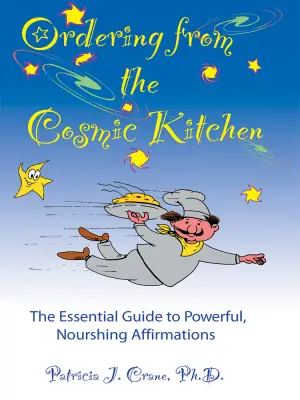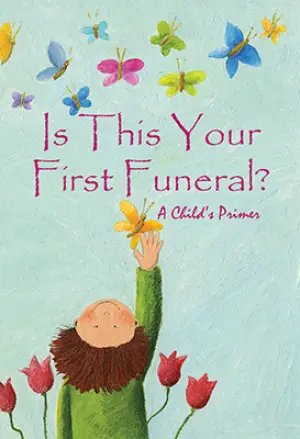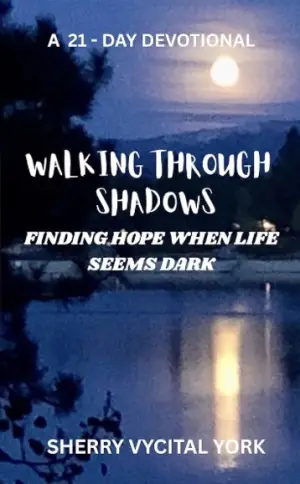Book Review: The House at the End of the World by Dean Koontz
There’s something undeniably magnetic about the way Dean Koontz crafts suspense, a skill he’s honed over decades. I picked up The House at the End of the World with both excitement and trepidation—would this latest tale weave the kind of atmosphere that had me gripping the edges of my seat, even long after I’d closed the book? Spoiler alert: it absolutely does.
Set against the backdrop of the eerie Jacob’s Ladder Island, the story follows Katie, an artist retreating to her fortresslike home after experiencing profound loss. The island, with its quiet beauty, is anything but tranquil as it hides dark secrets—namely, a menacing government facility on the neighboring Ringrock Island. Koontz brilliantly juxtaposes the serenity of Katie’s paintings with the chaos brewing around her. It’s a constant struggle between isolation and the encroaching dread of an unknown threat. This duality speaks volumes about the human experience—our desire for solace and the inescapable reality of fear.
The characters shine in this haunting narrative. Katie is complex and relatable, embodying the heartache of loss while simultaneously demonstrating resilience. When a mysterious girl appears, adding depth to the story, it elevates the theme of companionship amid chaos. Their journey across the island, battling both tangible and intangible enemies, had me reflecting on my own encounters with fear and loss. Koontz captures the essence of that struggle beautifully, reminding us that we often face our darkest moments in the company of unexpected allies.
Koontz’s writing style remains as captivating as ever—lyrical yet urgent, immersive yet accessible. The pacing grips you from the start, seamlessly blending moments of introspection with thrilling action. I found myself captivated by his vivid descriptions of the island’s landscape, which serve as a character of its own, echoing the tumult of Katie’s journey. A favorite quote that stayed with me is, "In every shadow lies a truth waiting to emerge," perfectly encapsulating the overarching theme of the story.
As I delved deeper into The House at the End of the World, I felt a cocktail of emotions—anxiety, joy, and introspection. The narrative pushed me to confront not just the characters’ fears but also my own. Koontz’s ability to meld suspense with philosophical undertones is a rare gift that keeps readers engaged long after the last page is turned.
This book will particularly resonate with fans of psychological thrillers and those drawn to tales of resilience and companionship. It’s a compelling reminder that even in our darkest hours, there’s a flicker of hope, often found in the most unexpected places.
In closing, The House at the End of the World isn’t just a thrilling read; it’s a poignant exploration of human vulnerability. It’s a reminder that our fears may be lurking just around the corner, but with courage—and a little help from friends—we can navigate even the darkest of storms. If you’re ready to embark on this gripping journey, grab a copy, settle into your own corner of the world, and let Koontz’s masterful storytelling sweep you away.






